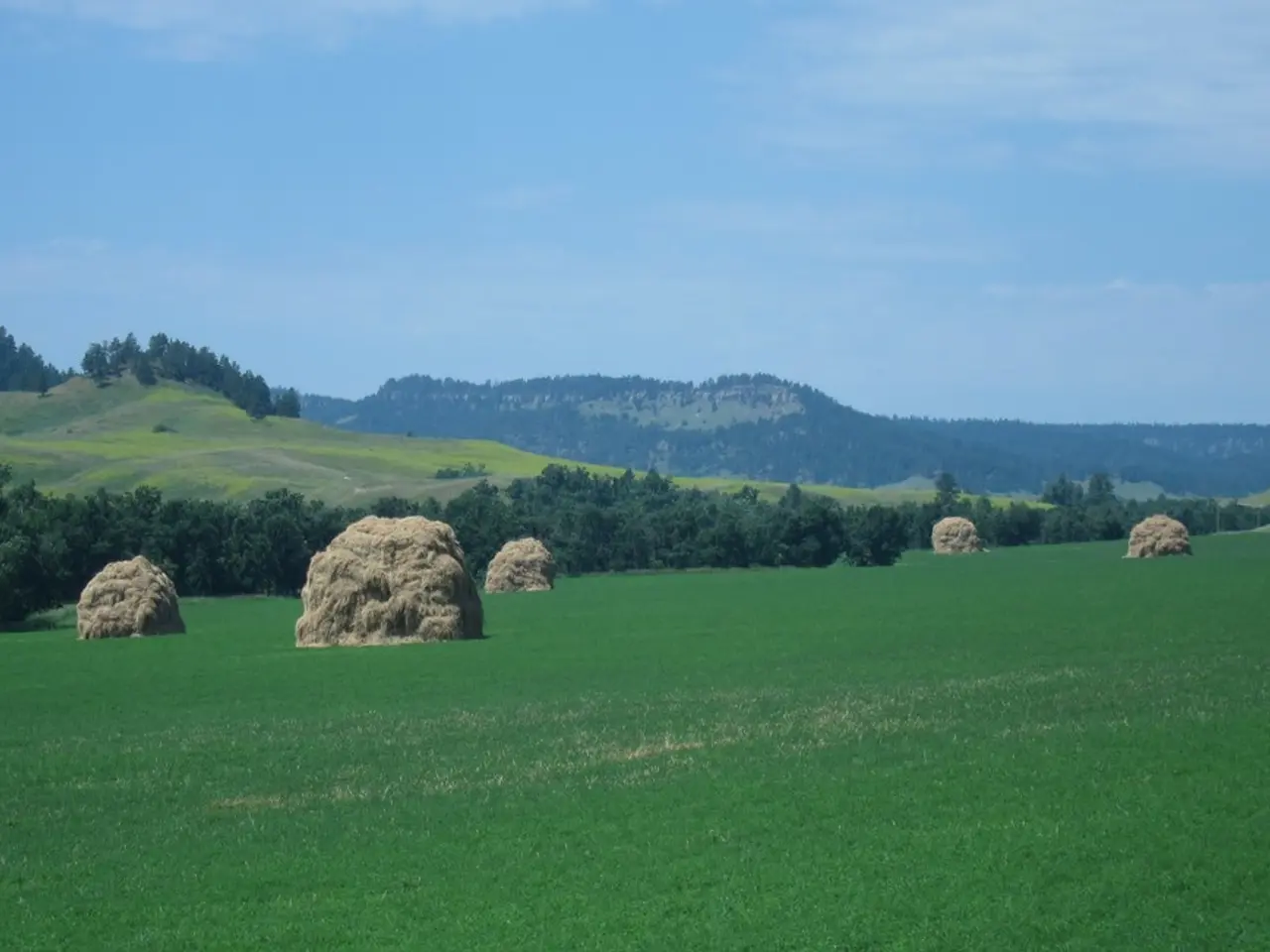Global Observance of Nature Conservation Day 2025: A Planet-Wide Pledge for Restoration, Preservation, and Sustainability of Nature
World Nature Conservation Day: A Global Call to Action
World Nature Conservation Day, celebrated annually on July 28, is a significant event that began in the late 1990s with the aim of raising awareness about the rapid loss of forests and natural resources. This day has since grown into a global movement promoting sustainable living, respect for nature, and urgent conservation actions.
The theme for World Nature Conservation Day in 2025 is "Restoration, Resilience, and Responsibility," emphasizing the need for habitat rehabilitation, building resilience against environmental damage, and encouraging responsible action by individuals, organizations, and governments. This theme underscores the essential balance between humanity and nature, highlighting our shared responsibility to protect and conserve natural resources such as air, water, soil, biodiversity, and ecosystems to ensure a stable society and future generations.
The day is crucial because nature sustains life by providing clean air, water, fertile soil, and climate stability. Without conservation, issues like pollution, climate change, species extinction, and ecosystem imbalance threaten human survival and global health.
Several suggested actions for observing the day include educational activities such as poster-making, eco-quizzes, and webinars; community-driven initiatives like tree planting, cleaning parks, rivers, and beaches; and the use of technology such as apps and drones to monitor endangered species and prevent illegal exploitation. It also encourages integration of conservation into public policies and community programs to foster sustainable development and environmental stewardship.
Key organizations that have played influential roles in advocating for World Nature Conservation Day and conservation worldwide include the International Union for Conservation of Nature (IUCN), which has been active since 1948 in promoting species protection, sustainable ecosystems, and data-driven conservation approaches. In India, the Environmental Information System (ENVIS) under the Ministry of Environment and Forests promotes awareness and observance of the day.
In conclusion, World Nature Conservation Day serves as a global reminder and call to action to preserve earth’s natural wealth through education, community involvement, policy integration, and responsible behavior to address pressing ecological threats and ensure a sustainable future. Everyone has a role to play in protecting air, water, soil, energy, minerals, and wildlife. Let us all join hands to make a difference and secure a better future for generations to come.
Sources: [1], [2], [3], [5]
[1] World Wildlife Fund. (n.d.). World Nature Conservation Day. Retrieved from https://www.worldwildlife.org/initiatives/world-nature-conservation-day
[2] United Nations. (n.d.). World Nature Conservation Day. Retrieved from https://www.un.org/sustainabledevelopment/world-nature-conservation-day/
[3] International Union for Conservation of Nature (IUCN). (n.d.). World Nature Conservation Day. Retrieved from https://www.iucn.org/resources/world-nature-conservation-day
[5] National Geographic. (n.d.). World Nature Conservation Day. Retrieved from https://www.nationalgeographic.org/events/world-nature-conservation-day/
Celebrating World Nature Conservation Day on July 28 each year is a crucial step towards promoting environmental-science education and self-development, as it encourages learning about climate-change issues, sustainable living, and habitat restoration. By joining the global movement, individuals are encouraged to take responsible action towards conservation and the protection of natural resources like air, water, soil, biodiversity, and ecosystems, to ensure a stable society and future generations.




